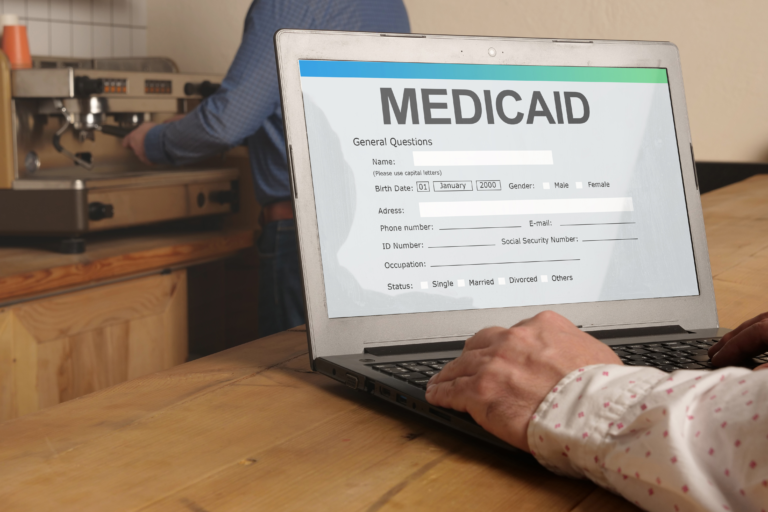Medicaid is a health care program for low-income individuals that applies to children, pregnant women, disabled individuals, and elderly individuals. Funded by the federal and state governments, the program is fundamental for low-income families.
How many assets can a senior resident in Florida have to qualify for Medicaid? Read on to find out.
Medicaid for Elderly Residents in Florida – The Basic Elements
In Florida, a significant percentage of senior residents (aged 65 and over) rely on Medicaid to support their expenses with health care. The service benefits elderly individuals in several aspects, including:
- Care services in nursing homes
- Adult foster care homes
- Assisted living facilities
- Non-medical services
- Special support for frail seniors in their residences
Within state jurisdiction, Medicaid is often referred to as the Statewide Medicaid Managed Care (SMMC) program. The Long-term Care (LTC) program is the specific program managed by Medicaid focused on providing long-term care for elderly and disabled individuals.
Qualifying for Medicaid – Eligibility Criteria for Florida Elderly Residents
The Statewide Medicaid Managed Care (SMMC) program has various options for long-term care programs. Depending on the circumstances of each applicant, he or she may be eligible for one of the options available.
As expected, different programs vary in terms of eligibility requirements and benefits. Before applying for Medicaid, an applicant should work with an expert Florida attorney for an individual assessment.
The Institutional (Nursing Home) Medicaid benefit is exclusive to elderly individuals in nursing homes. Anyone who meets the eligibility requirements can receive adequate health care assistance.
The Home and Community-Based Services (HCBS) are not based on entitlement. Only a few cases meet the requirements, which results in wait lists for some of the services offered by the program.
The Regular Medicaid or Medicaid for Aged and Disabled (MEDS-AD) is based on entitlement. If the applicant meets the requirements, he or she will receive long-term care, such as adult day care or personal care assistance.
How Much Assets Can You Have to Qualify for Medicaid in Florida? – An Overview
To qualify for Regular Medicaid or Medicaid for Aged and Disabled (MEDS-AD), the requirements vary for individuals or married couples.
A non-married individual aged 65 or over must have an income limit of $997/month (effective until 3/31/23) and an asset limit of $5,000 to receive help with Activities of Daily Living (ADLs).
A married couple applying for both spouses must have an income limit of $1,343/month (effective until 3/31/23) and an asset limit of $6,000 to receive help with Activities of Daily Living (ADLs). The same requirements apply to a married individual applying as one spouse.
To qualify for Institutional (Nursing Home) Medicaid, a non-married individual aged 65 or over must have an income limit of $2,523 /month and an asset limit of $2,000 to receive nursing home care.
Married couples applying for the same benefit must have an income limit of $5,046/month ($2,523/month per spouse) and an asset limit of $3,000 to qualify.
A married individual applying as one spouse must have an income limit of $2,523 /month while the asset limit is $2,000 for the applicant and $137,400 for the non-applicant spouse.
Do You Want to Qualify for Medicaid in Florida? – Your Florida Probate Attorney is Willing to Help
Waste no time – contact Attorneys Romy B. Jurado and Diana C. Collazos today by calling (305) 921-0976 or emailing [email protected] to find a solution for your case.






